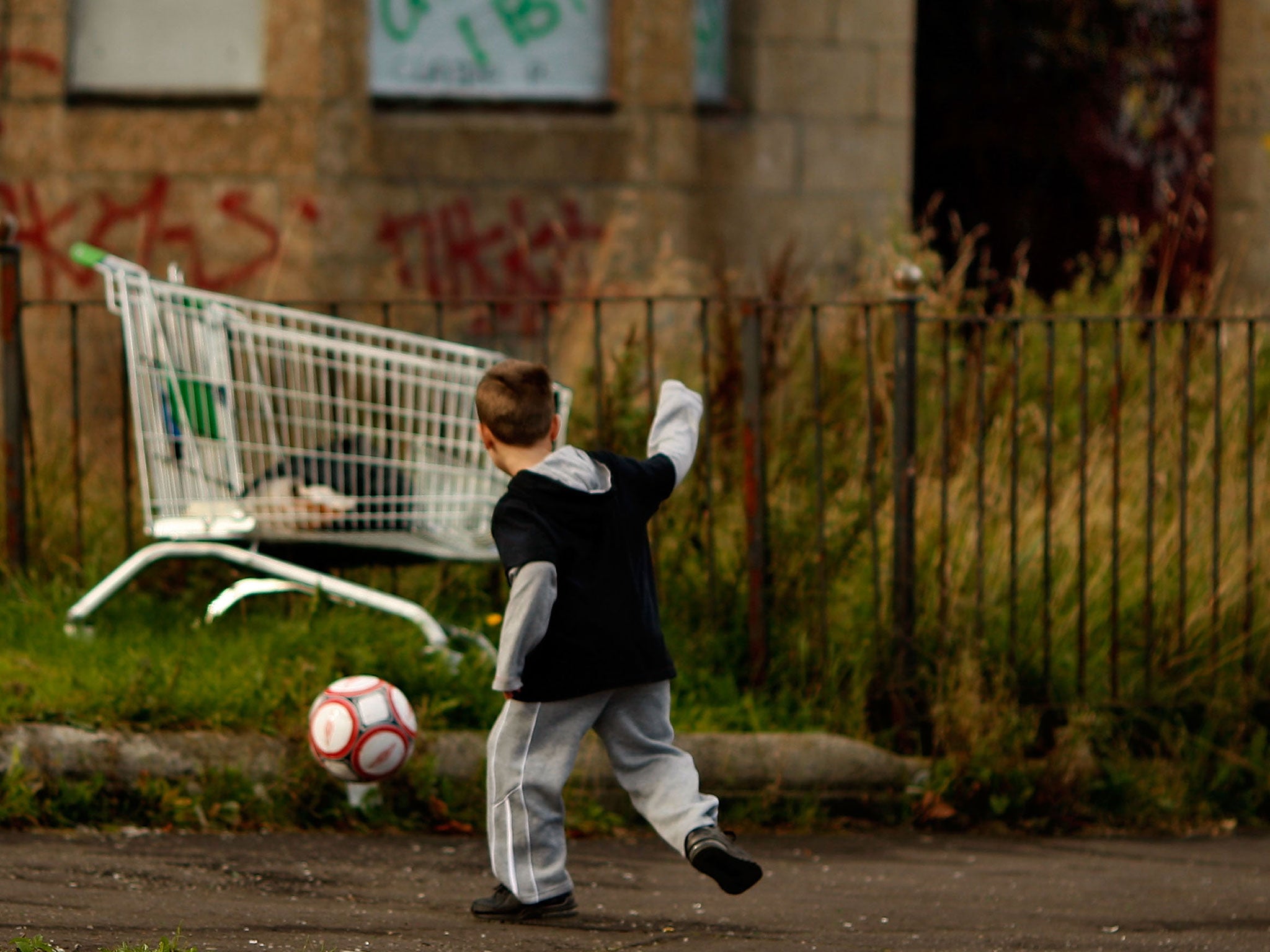Most privileged boys in UK expected to outlive poorest by a decade as life expectancy gaps widen, show figures
Boys in least deprived areas expected to live beyond the age of 80 years, while life expectancy of those in most deprived fell short of 80 years, according to ONS

Your support helps us to tell the story
From reproductive rights to climate change to Big Tech, The Independent is on the ground when the story is developing. Whether it's investigating the financials of Elon Musk's pro-Trump PAC or producing our latest documentary, 'The A Word', which shines a light on the American women fighting for reproductive rights, we know how important it is to parse out the facts from the messaging.
At such a critical moment in US history, we need reporters on the ground. Your donation allows us to keep sending journalists to speak to both sides of the story.
The Independent is trusted by Americans across the entire political spectrum. And unlike many other quality news outlets, we choose not to lock Americans out of our reporting and analysis with paywalls. We believe quality journalism should be available to everyone, paid for by those who can afford it.
Your support makes all the difference.The most advantaged boys in England are expected to outlive the poorest by a decade as inequalities in life expectancy widen, new figures show.
Life expectancy at birth among the most deprived males in England was 73.9 years in 2014 and 2016, compared with 83.3 years among the least deprived, according to latest data published by the Office for National Statistics (ONS).
This gap has risen by nearly five months in the last three years, with boys in the least deprived 50 per cent of areas now expected to live beyond the age of 80 years, while the life expectancy of those in the 50 per cent most deprived fell short of 80 years.
For the female population, while the gap was smaller, the inequality grew slightly more than for males, by 0.4 years, with the least-deprived girls now living 7.4 years longer than the most deprived.
In Wales, in 2014 to 2016 the least deprived males and females at birth could expect to live 8.9 years and 7.3 years more than the most deprived, respectively.
The gap in "healthy life expectancy" at birth, which is an estimate of the number of years lived in “very good” or “good” general health, based on how individuals perceive their general health, exceeded 18 years for both males and females in England. In Wales, it surpassed 17 years for both males and females.
There were increases in the socioeconomic inequality in male and female life expectancy at birth and at age 65 years between 2013 and 2016 in both England and Wales, but the ONS said the increases were only statistically significant in England.
Ellie Osborn, Health Analysis and Life Events at the ONS, said: “The changes in life expectancy and healthy life expectancy between 2011 to 2013 and 2014 to 2016 were generally most favourable among those living in the least deprived 10 per cent of areas in both countries.
"There were noticeable falls in female life expectancy at birth in the 20% most deprived populations in England. The growth in the inequality in life expectancy was a result of more favourable longevity gains among less deprived populations.”
Subscribe to Independent Premium to bookmark this article
Want to bookmark your favourite articles and stories to read or reference later? Start your Independent Premium subscription today.
Join our commenting forum
Join thought-provoking conversations, follow other Independent readers and see their replies
Comments